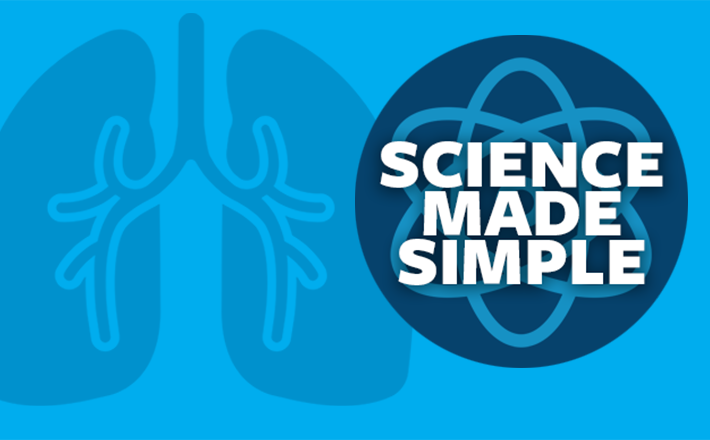
Las buenas noticias
The FDA recently approved alectinib as adjuvant treatment for patients after surgical removal of early stage (IB-IIIA) anaplastic lymphoma kinase – positive (ALK+) non-small cell lung cancer (NSCLC).
Por qué es importante
ALK rearrangements occur in approximately 5% of patients with NSCLC. Adjuvant treatment is therapy given after surgery to prevent the cancer from returning. Despite the development of targeted therapy specific for ALK+ NSCLC, chemotherapy was the recommended adjuvant treatment for patients after surgery. The Alina trial was a Phase 3 clinical study in which 257 patients with early stage ALK+ NSCLC received alectinib (an oral therapy for ALK+ cancer) or chemotherapy after surgery1. The results showed that 93.8% of the patients in the alectinib group were alive and free of cancer at 2 years compared to 63% of the patients who received chemotherapy alone. The brain is a common site of metastases after surgery and alectinib was also able to significantly control the spread of disease to the brain. alectinib was well tolerated with no new safety concerns.
Qué significa para los pacientes
Se trata de la primera terapia dirigida aprobada para su uso tras la cirugía del cáncer de pulmón ALK+ sin necesidad de quimioterapia. Se trata de un avance importante porque permite tratar a los pacientes con una terapia dirigida específicamente contra ALK sin los efectos secundarios añadidos de la quimioterapia. Los resultados son prematuros, por lo que pasará un tiempo antes de que se sepa si los pacientes viven más gracias al tratamiento. Los pacientes fueron tratados durante 2 años con alectinib, por lo que otra cuestión pendiente tiene que ver con la duración óptima del tratamiento. Este ensayo también saca a relucir la importancia de las pruebas moleculares del cáncer de pulmón incluso cuando se presenta en una fase temprana.
Qué hay que tener en cuenta
En los próximos años habrá actualizaciones sobre los resultados del ensayo Alina. También es probable que se intente dar respuesta a cuestiones pendientes como la duración del tratamiento de los pacientes. Busque ensayos adyuvantes que evalúen el tratamiento dirigido en otros tipos de cáncer de pulmón. También hay interés en evaluar la terapia dirigida antes de realizar la cirugía. Este enfoque se denomina tratamiento neoadyuvante. Se están realizando ensayos clínicos en este campo.
1 New England Journal of Medicine, Volume 390, pages 1265-1276, 2024
